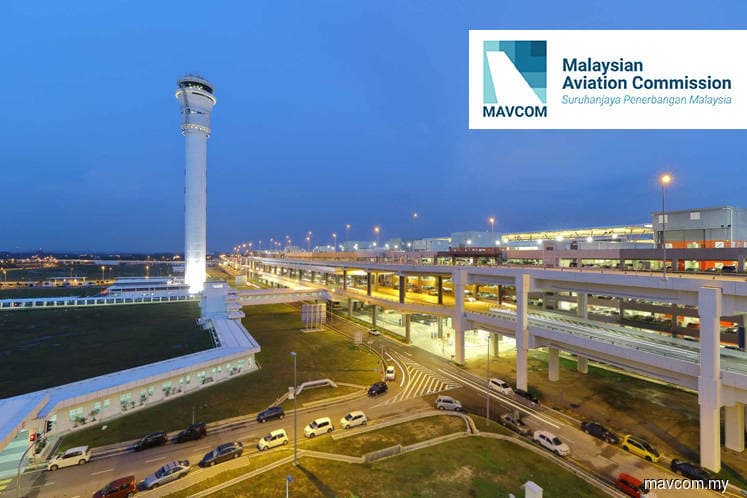
This article first appeared in The Edge Financial Daily on November 23, 2018
KUALA LUMPUR: The Malaysia Aviation Commission (Mavcom) yesterday warned that the departure levy Putrajaya plans to introduce from June 1 next year may contravene the International Civil Aviation Organization’s (ICAO) guidelines and international good practices.
Mavcom said ICAO’s policy on taxation and charges for airports and air navigation services state that any costs imposed on travellers should be used for the benefit of the aviation industry. Any collection not intended for that is considered a form of tax, and ICAO is against such taxes, especially when they are absent from other modes of travelling.
“This is distinct from airport charges such as the PSC (passenger service charge) which generate revenues for the airport operator and serve to fund the cost of airport operations,” it said in a Budget 2019 Commentary report.
Mavcom said whether the proceeds from the levy will be used for aviation purposes, and whether it will be imposed on other modes of transport are presently unclear. It is also unknown on what basis the rates of the levy were calculated.
“Should, however, the proceeds of the departure levy are not ploughed back into the industry and a similar tax is not imposed on other modes of transport, the GoM (government of Malaysia) risks contravening the ICAO guidelines on this subject. While these ICAO guidelines are not obligatory on a member state, non-compliance with these guidelines arising from the departure levy will move Malaysia away from international good practices in the aviation industry,” it said.
The departure levy, announced under Budget 2019, has been set at RM20 for air passengers travelling to Asean countries and RM40 for those going to countries beyond Asean.
The levy will increase non-airfare costs to passengers in Malaysia by 57.1% and 54.8% for outbound travellers to Asean and beyond Asean respectively, said Mavcom. “This is in comparison to the current PSC of RM35 per passenger to Asean countries and RM73 per passenger to destinations beyond Aseana as well as the Regulatory Service Charge of RM1 per passenger,” it noted.
“This is a material increase and will render Malaysia becoming a destination that is no longer amongst the lowest regionally or globally in terms of non-airfare costs. Whether this will affect the competitiveness of Malaysian airports compared with other regional hubs, and indeed dissuades international travel by Malaysians in favour of domestic travel as intended by the GoM remains to be seen,” Mavcom said.
On Nov 12, Transport Minister Anthony Loke reportedly said the departure levy will go into Putrajaya’s coffers entirely, in contrast to the proceeds of the PSC, which are shared between Malaysia Airports Holdings Bhd and the government.
As for the proposed airport real estate investment trust in the budget, Mavcom said further details are required for the aviation regulator to perform a more comprehensive evaluation. “The commission will provide a more thorough analysis once more information is available,” it said.
Meanwhile, Mavcom has slashed its 2018 passenger traffic growth forecast to 1.1% to 2% year-on-year (y-o-y) from its May forecast of 6.5% to 7%, as it took into account the stronger-than-expected reduction in domestic capacity by Malaysian carriers from second quarter of the year.
The low single-digit growth trend is expected to persist in 2019, with passenger traffic growth forecast at between 2.2% and 3.3% y-o-y.
While Malaysian carriers’ revenue per available seat kilometre growth in the first half of 2018 stayed flat, cost per available seat kilometre inched up 0.5% due to a 26% jump in global jet fuel prices. As a result, they reported operating losses of RM1.2 million during the period.
“This scenario is expected to persist given the likely instability in global jet fuel prices and weaker-than-expected growth outlook at selected regions excluding [the] Asia-Pacific,” Mavcom said in an accompanying industry outlook report.